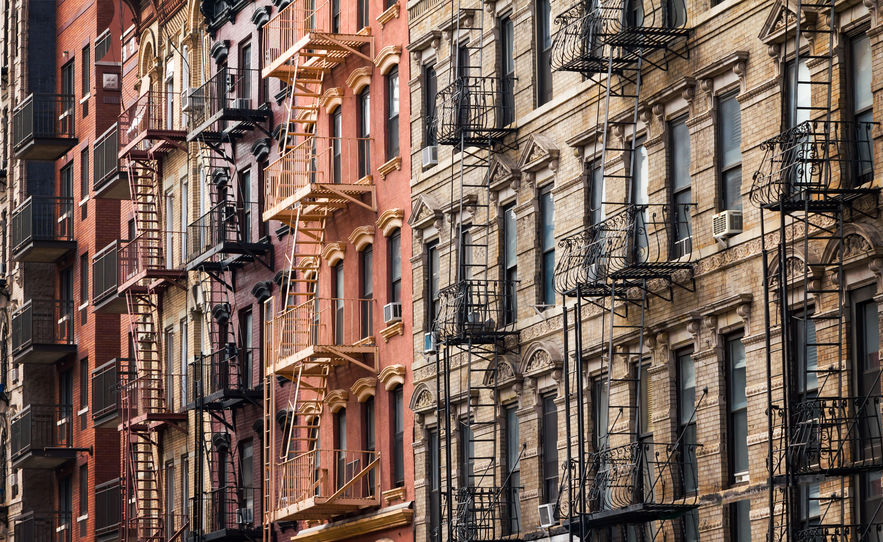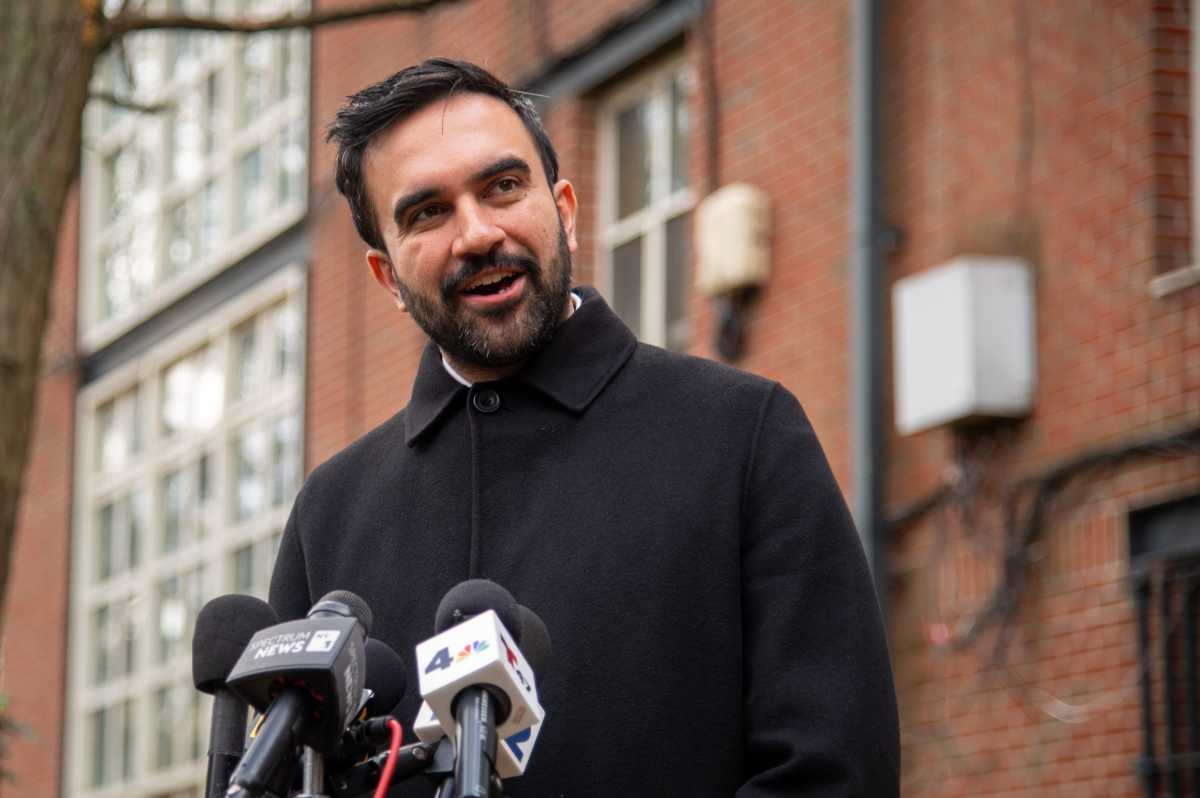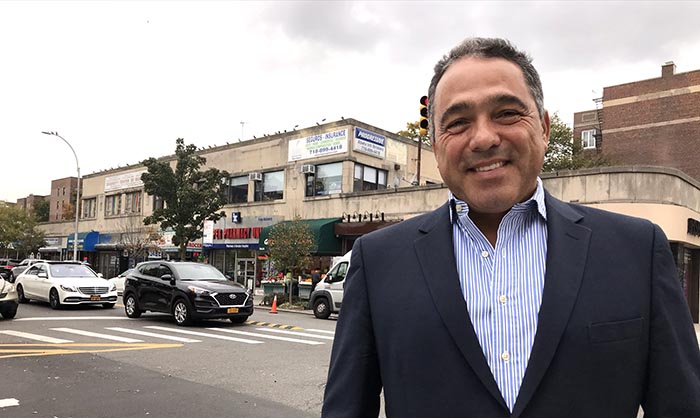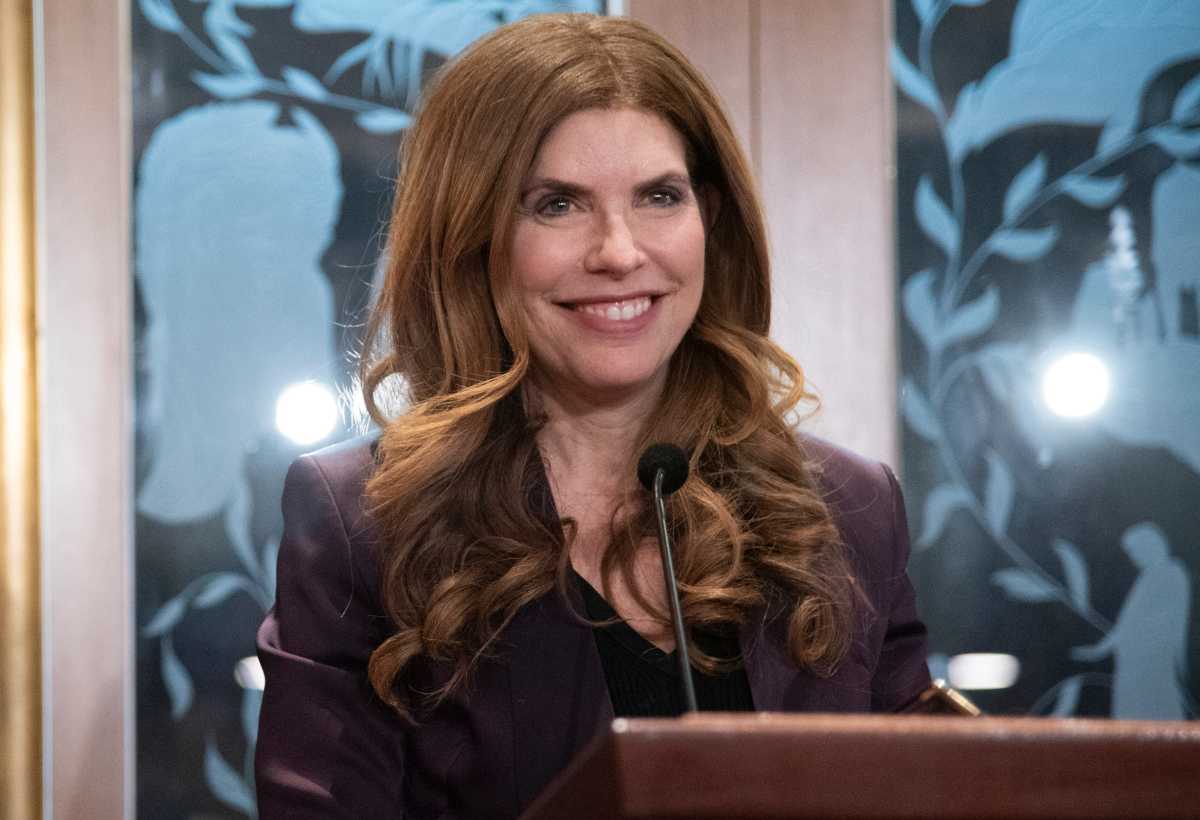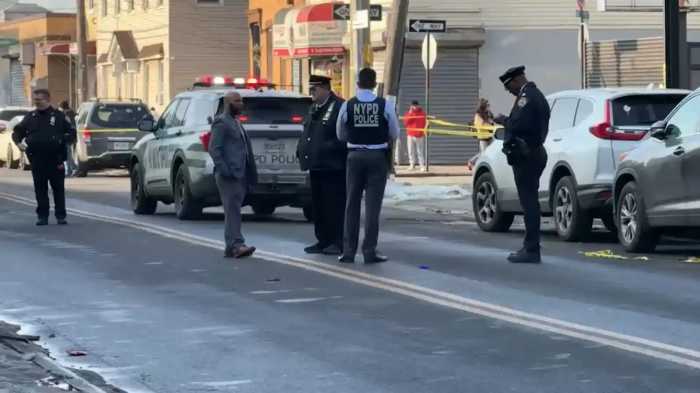In just a few months, the landscape of our neighborhoods and our country has changed in ways we could never have imagined. Violent crime is rising rapidly, a global pandemic has struck us in inconceivable ways, challenging our economy and our way of life, race relations are being tested on a widespread basis, and the trajectory of the foreseeable future is profoundly vague.
New York City has not quite seen this kind of economic uncertainty since the late 70s and 80s. The question on everyone’s mind is this: is our city returning to the broken and financially depressed state it was just decades ago? I believe the answer is yes – but something can be done to correct our current course.
In 2019, the New York State Legislature passed several bills that aimed to expand rent regulation in New York. Most of the legislation in the package was incredibly damaging, both to landlords and tenants, primarily due to the extent in which it would impact NYC’s real estate industry – an industry which is the largest tax base for the City of New York.

The package of bills included laws preventing landlords of rent-controlled/stabilized buildings from making a small increase in rent for major capital improvements to their buildings. It also included harsh restrictions on landlords with newly vacated stabilized apartments. These two bills alone had an alarming immediate effect on many impacted industries.
When the law went into effect to disallow landlords to add a marginal charge for major capital improvements (MCI) on tenants’ rent, landlords across the city ceased making improvements to their buildings, because it wasn’t financially feasible. Of course, this had a predictably negative result for tenants, whose quality of life was impacted. Additionally, it resulted in a large deficit of available work for blue-collar workers, including contractors, plumbers, HVAC specialists etc. A law that was intended to be a regulatory appeasement to tenants instead had the very opposite effect.
In addition to the elimination of the MCI allowance, many landlords with recently vacated stabilized units declined to put their apartments on the market. This was due to one of the newly established laws that modified the stabilized housing regulations to only allow for very marginal rent increases to newly vacated stabilized apartments. This new regulation resulted in landlords choosing to simply keep these vacated apartments off the market, and not make the needed renovations to the impacted units. Many of these stabilized units have been set to substantially low rent for decades; without a major increase after these units are vacated the rental income just simply doesn’t justify renting them out. This has and continues to- create a major housing deficit in affordable stabilized apartments.
Now, nearly a year into these regulations, the New York City housing market is experiencing another major blow – the COVID-19 pandemic. As long as housing courts remain closed due to the virus, backlogged evection proceedings (which can stretch out for years in times when there isn’t a global pandemic) landlords have no means of recourse to challenge tenants who cause major issues or even present dangers to their neighbors. With so many tenants either unable to pay rent or just simply unwilling to pay rent, it is unlikely that much of the outstanding rent will ever be recouped. For the average landlord, who has to continue paying their mortgages, taxes, and utility bills, that rent deficit, along with the impact of the 2019 package of rent reform regulations, will bring them to the financial brink. Many landlords have been pushed to the extent that they have simply decided to sell their buildings.
As more landlords choose to sell, the market is flooded at a time when there isn’t exactly a plethora of interested buyers. It’s come to the point where many larger landlords are seeing massive losses and are contemplating walking away from their buildings altogether. By outright abandoning their buildings, landlords would leave it to HPD to pick up the pieces. We only need to look to the mismanagement of NYCHA buildings to understand what a disaster that would be.
The current direction of the real estate industry is simply unsustainable, and it will likely prove to be significantly more harmful to tenants than it is to landlords. Rent reform needs to be treated as a balancing act, where the needs of all stakeholders are weighed equally. Legislators must be able to see a full picture and recognize the long-term, real-world impacts of their choices. In this case, it was utterly unrealistic to expect landlords to be able to afford sky-high property taxes, while subsidizing low rents and modern amenities.
New York legislators must be bold in their approach to affordable housing, focusing on creating opportunities for affordable homeownership, as opposed to the current plan, which seems to create long-term, generational tenancy. Homeownership is the answer to financial insecurity and can have a positive, cascading effect on poverty. Ultimately, homeownership is one of the safest financial decisions most people will make in their lifetimes. Not only does homeownership ensure financial security, it also creates a certain level of generational wealth. Making that kind of equity available can help substantially curb poverty. The fact of the matter is that New Yorkers are being crippled by a Legislature that deems itself the protector of long-term tenancy, as opposed to a subsidizer of homeownership, and that needs to change.
New York’s gloomy financial future can be turned around, but it requires innovative and courageous leadership. We need to completely re-evaluate our approach to housing in order to reimagine a better future for our City and State. Through thoughtful, sincere, and substantive debate, and not simply pandering to the loudest activist, we can correct these legislative follies and set course to a brighter and more equitable future.
Jack Plushnick is a life-long Brooklynite who works as the Legislative Director for Councilman Chaim Deutsch. He is also the President of Congregation Etz Chaim of Flatbush, a synagogue in Flatbush; and a board member of the Madison Marine Homcrest Civic Association.


